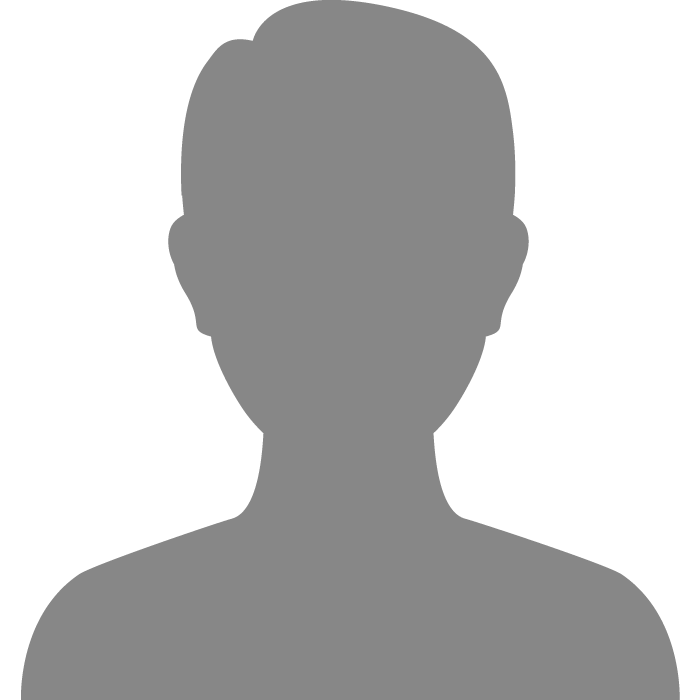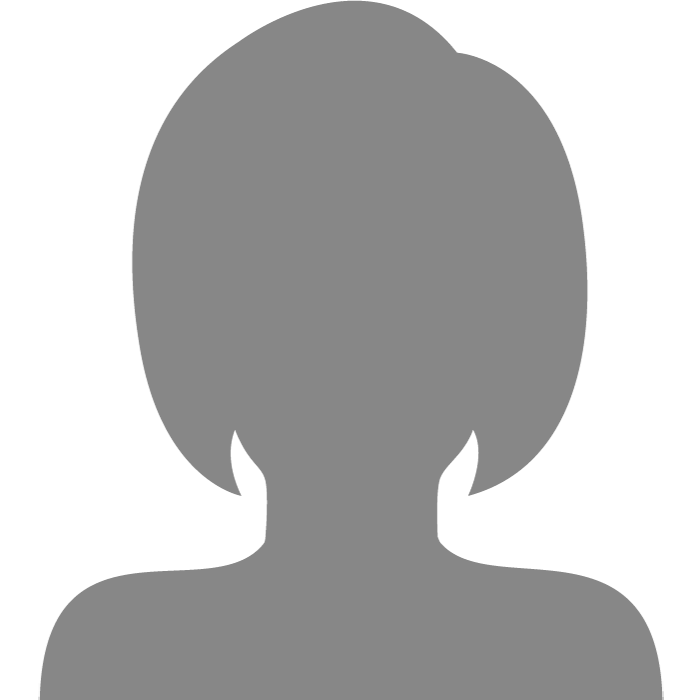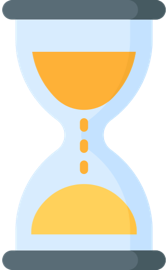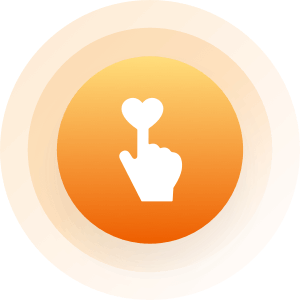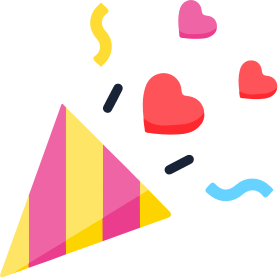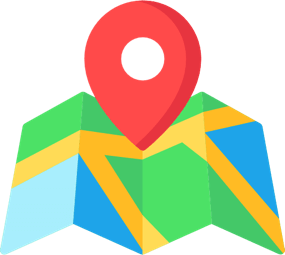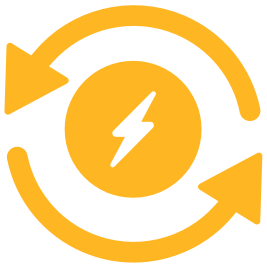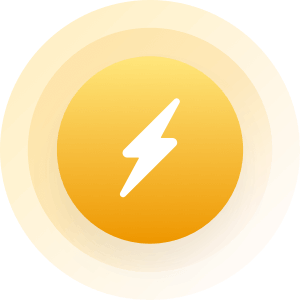| Topic: Schools of Philosophy | |
|---|---|
|
Billy you are confusing knowledge (data) with wisdom (how to use knowledge).
You can know everything there is to know in the universe, knowledge, but if you cannot utilize the knowledge other than to state it as given to you, you have no wisdom. What is the good of all the knowledge in the universe to you then? |
|
|
|
|
|
Edited by
Bushidobillyclub
on
Tue 07/21/09 02:32 PM
|
|
|
Billy you are confusing knowledge (data) with wisdom (how to use knowledge). You can know everything there is to know in the universe, knowledge, but if you cannot utilize the knowledge other than to state it as given to you, you have no wisdom. What is the good of all the knowledge in the universe to you then? You claim that I am confused does confuse me considering I have not made any claims in this thread as to what knowledge is, only what things would be considered knowledge (fall under the set, no the entirety of the set) Perhaps you can quote me and then I can explain my meanings, or point that is was a quote that I myself was using . . . Perhaps if you read the details of epistemology you will understand what philosophers (not I) mean when they say knowledge, which is far more then just data. This is a conversation about many things, I am not limiting it to my personal perspective which has not developed as of yet regarding what philosophically speaking knowledge is or isnt. My advice: you tell me what you think, and do not try to tell me what I think. 
|
|
|
|
|
|
Billy you are confusing knowledge (data) with wisdom (how to use knowledge). You can know everything there is to know in the universe, knowledge, but if you cannot utilize the knowledge other than to state it as given to you, you have no wisdom. What is the good of all the knowledge in the universe to you then? so you are saying that all knowledge is data? Is there any knowledge that would not be data? Would that mean that all knowledge is then accessible to everyone? or would you agree that some knowledge is simply knowing...with out any data? |
|
|
|
|
|
How do we know what is real? Because we say it is. Because we decide it is. Because we agree it is. Knowledge is the official record (or agreement) of what the realist majority has declared is true and real. so, again...is there any set of knowledge that is not an official record? Could a person have knowledge that no one else has? Or is this just the realist definition of knowledge? |
|
|
|
|
|
Edited by
Bushidobillyclub
on
Tue 07/21/09 02:25 PM
|
|
|
Billy you are confusing knowledge (data) with wisdom (how to use knowledge).
So knowing how to use knowledge is not knowledge? What about that pesky word "knowing", does that not imply that "knowing" how to use knowledge is also knowledge? If knowledge is data (your words), and wisdom is "knowing how to use knowledge" (Your words) then that means wisdom is a contextual form of knowledge. Your own words. You tell me what do you think? 
|
|
|
|
|
|
Edited by
Bushidobillyclub
on
Tue 07/21/09 07:14 PM
|
|
|
For relevance I will again list what was on the wiki, which is really all I am going by, I am no philosopher so anyone feel free to correct me if you have better knowledge

In this article, and in epistemology in general, the kind of knowledge usually discussed is propositional knowledge, also known as "knowledge-that" as opposed to "knowledge-how." For example: in mathematics, it is known that 2 + 2 = 4, but there is also knowing how to add two numbers. Many (but not all) philosophers therefore think there is an important distinction between "knowing that" and "knowing how", with epistemology primarily interested in the former. This distinction is recognized linguistically in many languages, though not in modern Standard English (N.B. some languages related to English still do retain these verbs, as in Scots: "wit" and "ken").[3]
In Personal Knowledge, Michael Polanyi articulates a case for the epistemological relevance of both forms of knowledge; using the example of the act of balance involved in riding a bicycle, he suggests that the theoretical knowledge of the physics involved in maintaining a state of balance cannot substitute for the practical knowledge of how to ride, and that it is important to understand how both are established and grounded. When I read these two paragraphs I clearly see two distinct forms of knowledge being discussed. That when compared with what has been mentioned here in this thread, that wisdom is knowing how, and that data is just knowing that . . . Know how. Know that. So I guess philosophers have thought about this a while. I certainly do not know how all the various branches of philosophy handle epistemology, but I can see that this could cause problems for a thinker.  
|
|
|
|
|
|
Ahhhh....
Thank you Jeremy! The ultimate distinction between knowing that, and knowing how... I do not need to know anything scientific about an egg to know that I like the way it tastes. 
|
|
|
|
|
|
Edited by
JaneStar1
on
Tue 07/21/09 10:20 PM
|
|
|
Creativesoul:
Ahhhh.... Thank you Jeremy! The ultimate distinction between knowing that, and knowing how... I do not need to know anything scientific about an egg to know that I like the way it tastes. 
Though, I doubt you would have ever ackquired a taste for eggs unless your mother have fed them to you -- because she knew from experience that eggs are good for you, and taste great... But what is Experience if not Knowledge? ? ?  * * * * * * * *
|
|
|
|
|
|
Though, I doubt you would have ever ackquired a taste for eggs unless your mother have fed them to you -- because she knew from experience that eggs are good for you, and taste great...
But what is Experience if not Knowledge? While I agree with the underlying sentiment(I think)... What if... My uncle shared them with me. My mother died during my birth. Experience = knowledge ? Knowledge, while stemming from experience, does not equate to experience. |
|
|
|
|
|
Though, I doubt you would have ever ackquired a taste for eggs unless your mother have fed them to you -- because she knew from experience that eggs are good for you, and taste great...
___________________
But what is Experience if not Knowledge? While I agree with the underlying sentiment(I think)... What if... My uncle shared them with me. My mother died during my birth. *** I AM SORRY FOR YOUR CIRCUSTANCES... (JS) Experience = knowledge ? Knowledge, while stemming from experience, does not equate to experience. Without any qualifications, Experience counts for "KNOWING HOW", which is a kind of KNOWLEDGE. |
|
|
|
|
|
Between experience and knowing how lies understanding.
|
|
|
|
|
|
Knowledge is more then data is what I am saying. You claim that I am confused does confuse me considering I have not made any claims in this thread as to what knowledge is, only what things would be considered knowledge (fall under the set, no the entirety of the set) Sweet use of language. It came at me in english and math. 2 languages to explain one thought. One of the reasons I believe thought does not equate with language... Thought can come to you in more patterns then a single language can describe. I know...   i'll go stand in the corner now. i'll go stand in the corner now. |
|
|
|
|
|
Billy you are confusing knowledge (data) with wisdom (how to use knowledge).
So knowing how to use knowledge is not knowledge? What about that pesky word "knowing", does that not imply that "knowing" how to use knowledge is also knowledge? If knowledge is data (your words), and wisdom is "knowing how to use knowledge" (Your words) then that means wisdom is a contextual form of knowledge. Your own words. You tell me what do you think? 
mho... Wisdom is the link between knowledge and exeperience(knowing how it works/knowing how to use it)(physical experience/learned experience) |
|
|
|
|
|
Wisdom is had(or not) in the ethical application of knowledge, as mentioned earlier.
|
|
|
|
|
|
Jeremy:
Know how. Know that On the other hand, I may have absolutely no knowledge of "something" (i.e. math -- 2+2=?), yet intuitively know the answer, (5) -- not quite, but close enough! 
Example: When learning to ride a bike, I've had absolutely no knowledge of physics. Yet, Intuitively have developed a state of balance -- Without any prior theoretical knowledge! i.e. I've acquired experience/"knowledge of How" (subset) WITHOUT being aware of "knowing that" (set) * * * **This inconsistancy, kinda, throughs the whole Set/Subset idea OFF! (although an Intuition is a kind of an internal knowledge) *** Thus, possibly, RealiDealism (or IdealiRealism) might be in order 
|
|
|
|
|
|
Jeremy: Know how. Know that On the other hand, I may have absolutely no knowledge of "something" (i.e. math -- 2+2=?), yet intuitively know the answer, (5) -- not quite, but close enough! 
Example: When learning to ride a bike, I've had absolutely no knowledge of physics. Yet, Intuitively have developed a state of balance -- Without any prior theoretical knowledge! i.e. I've acquired experience/"knowledge of How" (subset) WITHOUT being aware of "knowing that" (set) * * * **This inconsistancy, kinda, throughs the whole Set/Subset idea OFF! (although an Intuition is a kind of an internal knowledge) *** Thus, possibly, RealiDealism (or IdealiRealism) might be in order 
Intitutive? Or did your muscles learn(physical experience^knowledge learned) and that learning became a boost to knowledge(how). balance might be a subset of physical knowledge(how). 
|
|
|
|
|
|
Edited by
JaneStar1
on
Wed 07/22/09 01:01 AM
|
|
|
To lighthouselover:
Based upon the definitions for both, Realism & Idealism, it seems as though Realism is grounded in Knowledge (science), while Idealism is based upon Wisdom (perception). But in real life Idealism is more important because if we perceive something as black (or white), it doesn't really matter whether it is Really white (or black)! (the difference is of paramount importance only from the scientific/realistic point of view...) [\quote] I am not sure that either one is more important. Idealism has to have knowledge as well, the knowledge to recognize the idealistic view and the perception. I will have to think about this for a bit... At the same time, Realism teaches us the understanding of true nature of things. Yet, without the Idealistic support (i.e.funding), the former would not progress at all. * Ideally, there should be a third notion -- a combination of the two -- say, REALIDEALISM LOL   
P.S. The heading of the notebook, where I keep all of my poems, idealistically states: "Reality -- the way I perceive it..." hmmmm... "the true nature of things"... The reality that has been crafted and labeled by people of power. The reality of what is given to us. There is a "question behind the question" and an "answer behind the answer".... the reality that has been accepted by some/most? of the society? the information that may or may not be true... Let's make the assumption that the people with the money(funding) also have the power...to me, those would be the Realists. And if that holds true, then * the Realists would not want to further the Idealist agenda...***?????????????????************ Why wouldN'T they??? After all, one of the main rules of business is "Grow or whither away!!! * * * Realists feed off of the Idealists! (*there's no Antagonism*)" and I cannot think that the Idealists would want to further progress the Realistic agenda...especially given the state of the world's people today... I could be wrong... THEY GOT NO CHOICE! 
|
|
|
|
|
|
Edited by
JaneStar1
on
Wed 07/22/09 01:17 AM
|
|
|
Creative:
Between experience and knowing how lies understanding. *** I wouldn't know -- haven't had a chance of having a THREESOME with them! ! ! 
You seem to be more experienced in that respect... * * * 
|
|
|
|
|
|
ok, I see what you are saying yet I still do not agree that the Realist would feed the Idealist to encourage the 'free thinking' agenda. The Realist, IMO, would have an agenda that would define a goal or set of goals with a clear profit margin/quota, (if we are comparing the Realist to corporate here, which is my impression of the statement), and I also believe with my entire heart and soul that we always have a choice! |
|
|
|
|
|
Edited by
JaneStar1
on
Wed 07/22/09 01:31 AM
|
|
|
ok, I see what you are saying yet I still do not agree that the Realist would feed the Idealist to encourage the 'free thinking' agenda. The Realist, IMO, would have an agenda that would define a goal or set of goals with a clear profit margin/quota, (if we are comparing the Realist to corporate here, which is my impression of the statement), ___________PRECISELY!__________ and I also believe with my entire heart and soul that we always have a choice! OF COURSE: a JOB or UNEMPLOYMENT !!! 
|
|
|
|
|

